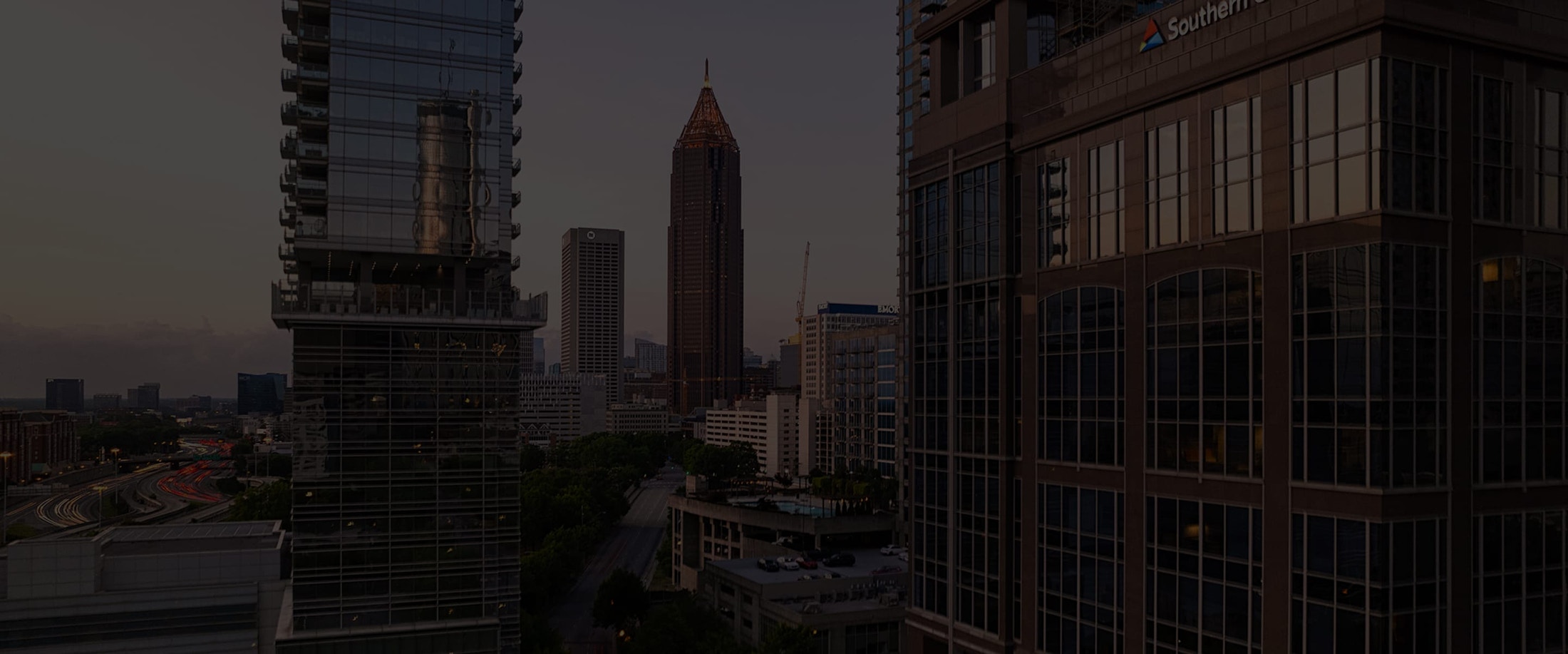Camp Lejeune water contamination lawsuits and litigation have emerged due to adverse health effects from contaminated water wells at the military base between August 1953 and December 1987.
During this timeframe, two water-supply systems at Camp Lejeune were found to be contaminated with trichloroethylene (TCE) and perchloroethylene (PCE), both known as industrial solvents. These water supply systems served family-housing, base administrative offices, schools, recreational areas, barracks for service personnel, as well as a base hospital and industrial area. With a broad range of people exposed over this significant time period, a number of the affected are seeking compensation for health problems and suffering caused to the exposed and their families. Turnbull, Moak & Pendergrass are capable and experienced attorneys who can take Camp Lejeune water contamination exposure cases such as these the full distance to a jury trial. Contact us now for a free evaluation of your case.





